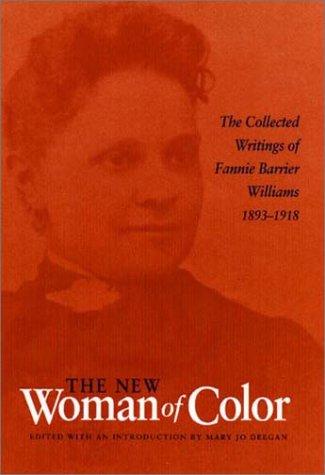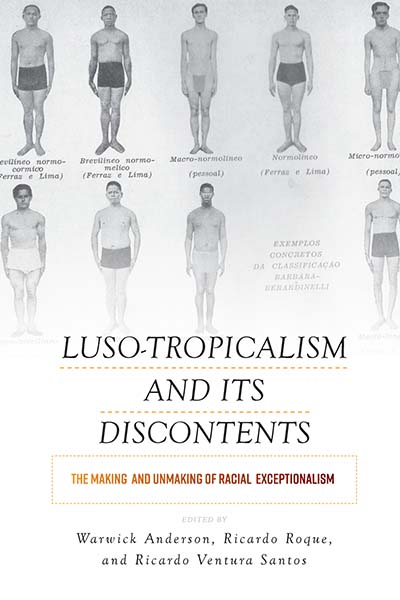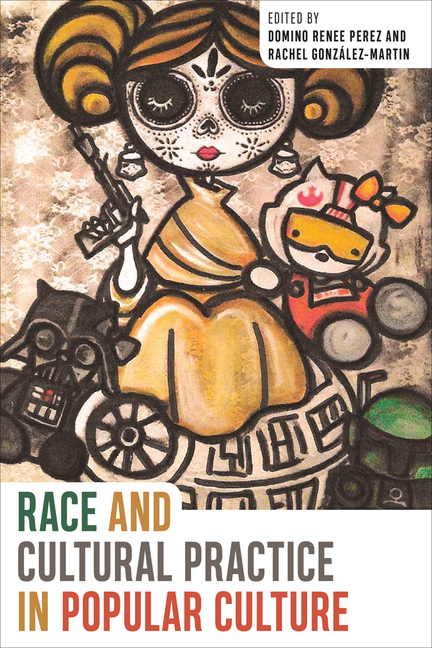The New Woman of Color: The Collected Writings of Fannie Barrier Williams, 1893–1918Posted in Anthologies, Books, Media Archive, Social Justice, United States, Women on 2019-09-24 00:36Z by Steven |
The New Woman of Color: The Collected Writings of Fannie Barrier Williams, 1893–1918
Northern Illinois University Press
2002-07-23
222 pages
6 x 9 in
ISBN 13: 9780875802930
Edited by: Kenny Williams
Fannie Barrier Williams made history as a controversial African American reformer in an era fraught with racial discrimination and injustice. She first came to prominence during the 1893 Columbian Exposition, where her powerful arguments for African American women’s rights launched her career as a nationally renowned writer and orator. In her speeches, essays, and articles, Williams incorporated the ideas of Booker T. Washington and W.E.B. DuBois to create an interracial worldview dedicated to social equality and cultural harmony.
Williams’s writings illuminate the difficulties of African American women in the Progressive Era. She frankly denounced white men’s sexual and economic victimization of black women and condemned the complicity of religious and political leaders in the immorality of segregation. Citing the discrimination that crushed the spirits of African American women, Williams called for educational and professional progress for African Americans through the transformation of white society.
Committed to aiding and educating Chicago’s urban poor, Williams played a central and continuous role in the development of the Frederick Douglass Center, which she called “the black Hull House.” An active member of the NAACP and the National Urban League, she fought a long and successful battle to become the first African American admitted to the influential Chicago Women’s Club. Her efforts to promote the well-being of African American women brought her into close contact with such influential women as Celia Parker Woolley, Jane Addams, Susan B. Anthony, and Ida B. Wells-Barnett.
Accompanied by Deegan’s introduction and detailed annotations, Williams’s perceptive writings on race relations, women’s rights, economic justice, and the role of African American women are as fresh and fascinating today as when they were written.









